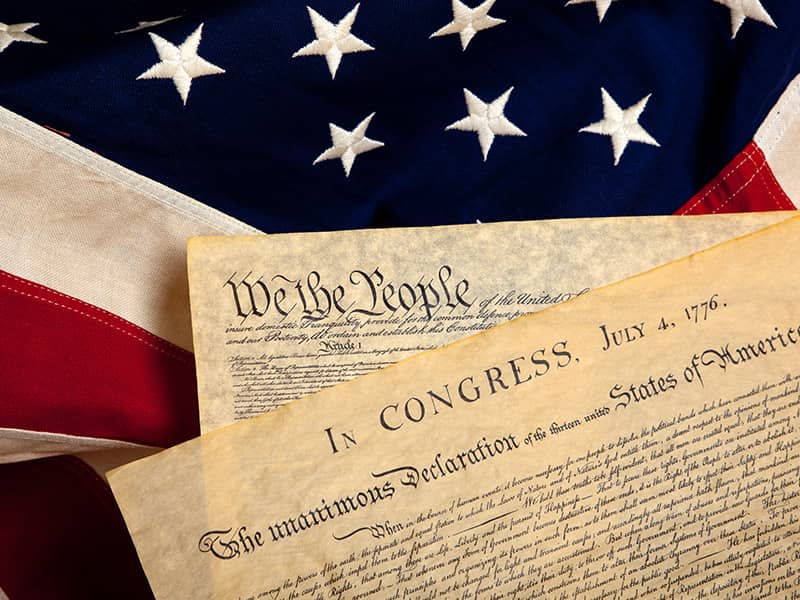Millions of Americans returned to the pews after September 11 in search of answers. My congregation struggled prayerfully with the moral challenge our nation then faced, and they helped me draft 10 Prophetic Justice Principles as a guide. First among these is the need to "seek the common good"--to cultivate the sense of being in this together. Our inability to rally a serious coalition behind the Iraq war demonstrated a moral failure to maintain a sense of shared purpose. Our rush to a tangential war and our willingness to sacrifice common standards of human dignity, even to the point of torture at Abu Ghraib, left the world feeling that this was America's fight. They saw it as a war of "national interest" rather than of shared principles. A with-us-or-with-the-terrorists attitude is more effective when the world believes you share their interests--but our leaders' choice to waste the "global moment" of September 12 cost us that moral credibility.
The same go-it-alone attitude that has undermined our moral leadership on foreign policy exacerbates America's spiritual sickness at home. That is the sickness of selfishness and greed. Despite Americans' readiness after September 11 to sacrifice for our country, our president cut taxes on the rich and on corporations. To do so, he dumped the largest tax hike in history on our children and theirs, squandering a $5.6 trillion surplus and creating a $5.2 trillion deficit. The number of people without health insurance and children in poverty has risen every year under this president.
The post-September 11 period was an historic opportunity to face the great challenges of eradicating global poverty that kills 30,000 children every day, addressing climate change, insuring every American, and checking corporate influence on governance. But that required real moral leadership.
So should people of faith vote for Sen. John Kerry just because of President Bush's failure to provide moral leadership? Or is there something more positive for the faith community to embrace?
Kerry's platform resonates deeply with our religious values. Here are how some of his positions measure up against the Prophetic Justice Principles:
With such high stakes and stark policy differences, is it not time to recognize a more fitting moral litmus test than a candidate's position on gay marriage? Is it not time to ask which candidate promotes the common good rather than playing on fear and greed? Is it not time to elect the person who will be a good president rather than the one who makes a good candidate? Is it not time for America to elect a man whose morality extends across his personal piety and his policies? For those of us who believe America's true challenge is renewing its moral, spiritual and democratic values, now is that time--a time of moral urgency and of moral choice.

